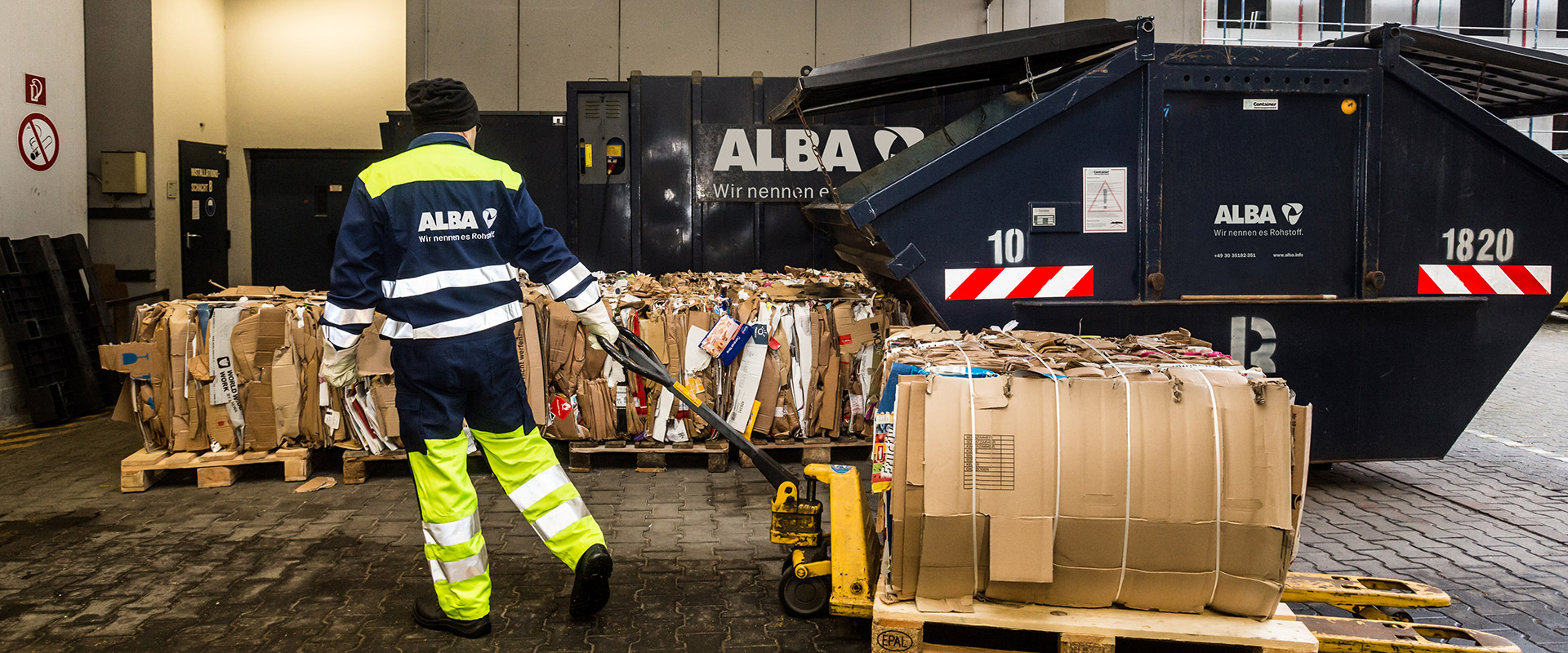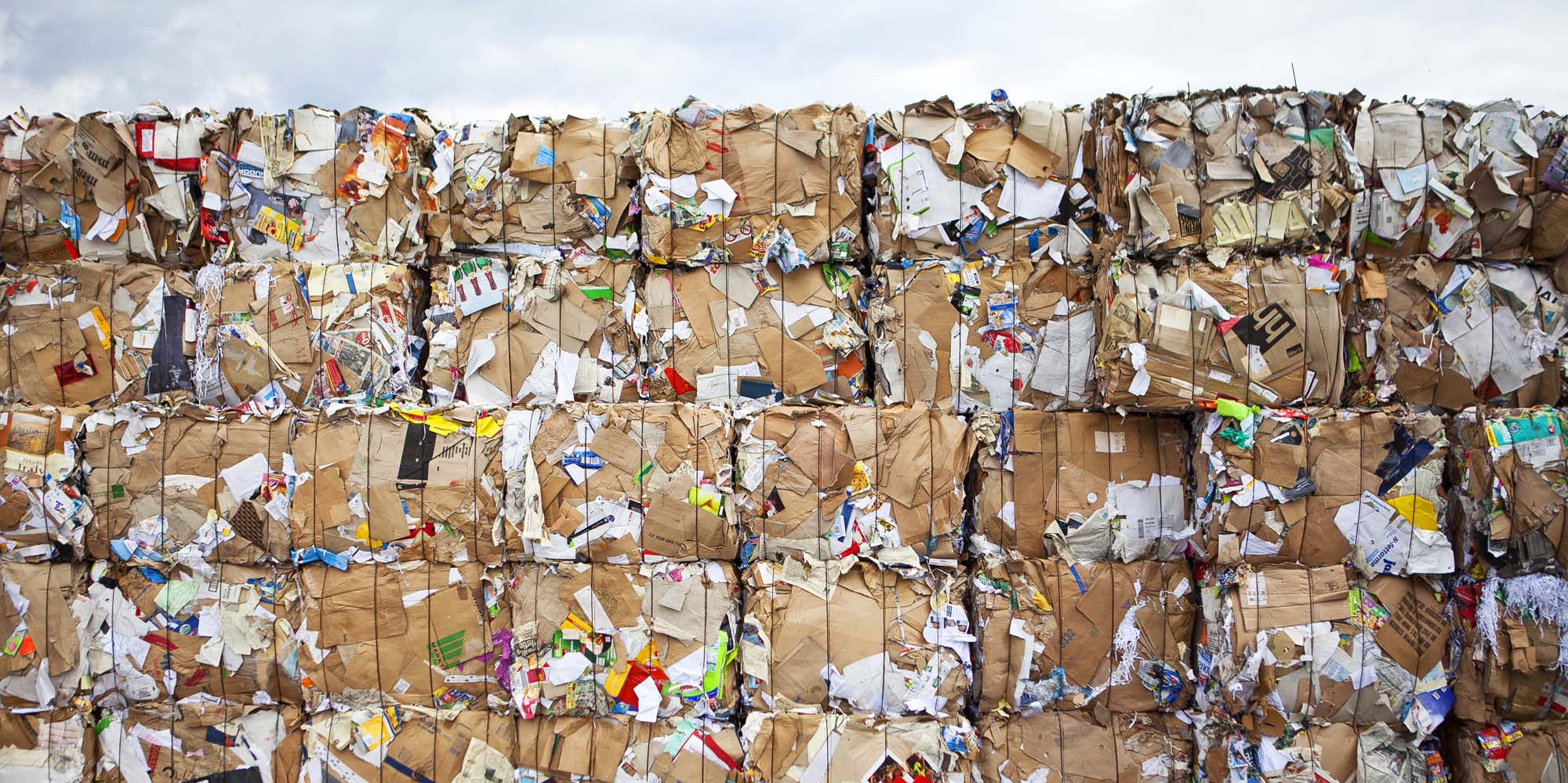Graphic paper, newspapers, packaging - paper is a constant presence in our every day lives. With consumption currently at 23 million tons, Germany is one of the world's most prolific paper users - but also one of its most prolific recyclers. The type-specific collection, sorting and recycling of paper generate a material that is in high demand. And the paper recycling experts at the ALBA Group have extensive expertise when it comes to trading in these materials worldwide.
Waste paper: an alternative to virgin fibre
Recyled locally, sold globally
Well-defined qualities that benefit paper mills
The materials we bring onto the market come from household paper recycling bins, as well as from industrial sources such as printing houses, retail or local authorities and administrations. Once collected, the paper is sorted at ALBA Group facilities using state-of-the-art technology. The result is a variety of recyclable fractions including cardboard, sorted mixed waste paper or paper that requires de-inking (sorted graphic paper, newspapers and magazines). These fractions are then compressed into bales and sent for recycling.
Economic and environmental benefits
Both the economy and the environment benefit from paper recycling. For example, it takes around 60 per cent less energy and water to produce recycled paper than virgin fibre paper. And these days the quality of the products is more or less the same. Back in the eighties, the eco-friendly paper used in offices was known for its grey colour and coarse texture; today, high-tech recycled paper meets all the requirements of modern communications.


